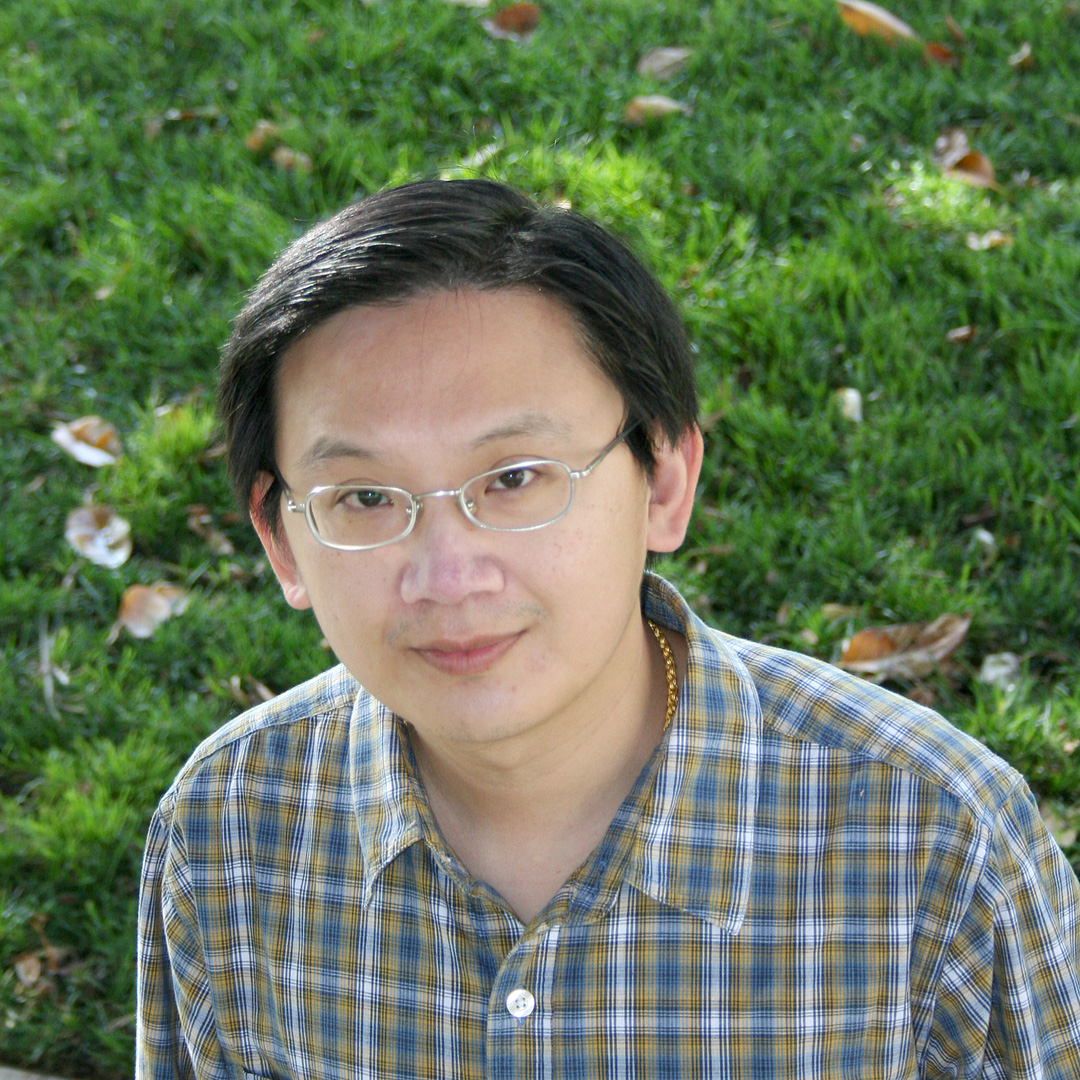
 |
Wirasak Smitthipong Ph.D. Polymer Chem. (2005) Office : MRL 2027C, (805) 893 5060 |
Areas of interest
|
|
Material engineering, biomaterial, polymer science and engineering, physical chemistry, surface and interface phenomenon, multi-discipline fields of science and technology. |
|
Current Work
|
|
Specific, Reversible and Programmable Bonding in Supra- and Macromolecular Materials Specific, reversible, non-covalent interactions among molecular building blocks are the basis for the development of functional biological structures in nature. In recent years, the introduction of non-covalent interactions into synthetic materials science, through both non-specific interactions such as those leading to hydrophobic self-assembly and specific, reversible bonding, has led to a fundamental reevaluation of materials design. For macromolecular materials, specific, reversible, non-covalent interactions are (i) a means of creating chain connectivity and topology that differs from covalent bonding, and (ii) a strategy for developing energetically favorable, attractive interactions among segments that differ from the generally non-specific van der Waals interactions that govern polymer phase behavior. The term specific implies more than simply attractive and reversible; it implies molecular recognition, directionality, tunability of interaction strength, addressability and programmability of the self-assembly character built into molecules via these interactions. These are powerful characteristics and represent unlimited potential for the development of new materials with tailor-made properties. Designing strategies to harness and control these features represents a significant, multidisciplinary challenge for this proposed project. The detail of each project is described in PDF version below. 1. Nucleic acid / cationic amphiphile material [PDF] 2. Adhesion of homo- and hetero-complimentary polymers [PDF] |
|
|
|
|
|